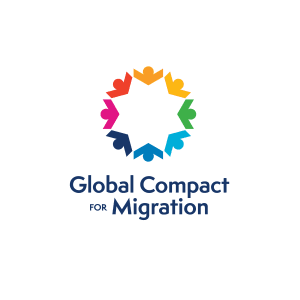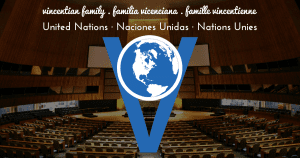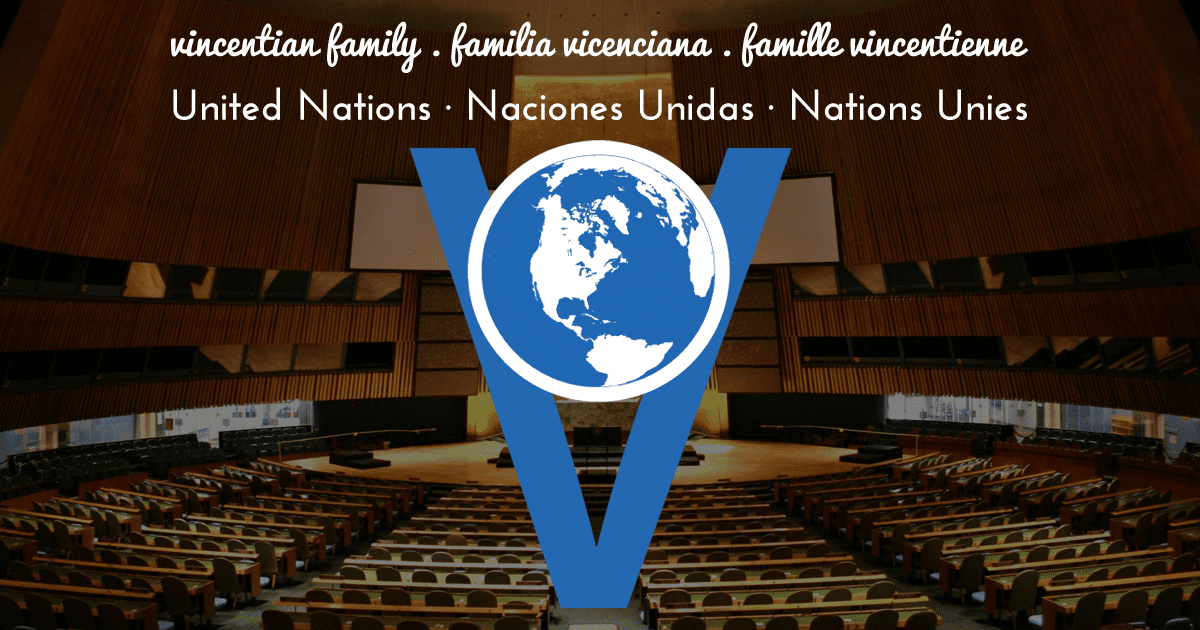Negotiations Deepen for Global Compact
 The last week at the UN, much energy was invested in the Global Compact for Safe, Orderly, and Regular Migration. NGOs and governments have been providing input into a zero draft of the Global Compact, which is expected to be approved later this year.
The last week at the UN, much energy was invested in the Global Compact for Safe, Orderly, and Regular Migration. NGOs and governments have been providing input into a zero draft of the Global Compact, which is expected to be approved later this year.
One document which many NGOs appreciate is called Now and How: Ten Acts for the Global Compact on Migration. This document, drafted in consultation with the NGO Committee on Migration, presents a vision for a UN Global Compact on Human Mobility and Migration and a set of TEN ACTS that a wide diversity of non-governmental organizations believe are essential for a meaningful Compact for migrants, refugees and societies. You can view the document by clicking here.
Migration is a global phenomenon. Over 1 billion people in the world are migrants or more than 1 in 7 people globally. The figure includes international migrants – people residing in a country other than their country of birth. The number of international migrants more than doubled between 1980 and 2010, from 103 million to 220 million. In 2013, the number of international migrants was 232 million and is projected to double to over 400 million by 2050.
As an outcome of the United Nations (UN) High-Level Summit in September 2016, the New York Declaration for Refugees and Migrants was adopted unanimously by 193 UN Member States. This landmark document elaborates states’ commitments to address current and possible future issues regarding human mobility, in particular the commitment to develop a Global Compact on Refugees (GCR) and a Global Compact for Safe, Orderly and Regular Migration (GCM). A key aspect of the Declaration and its annexes is the need for cooperation between governments and civil society at the global level.
Since May 2016, civil society has been organizing itself around these processes through the Civil Society Action Committee, advocating to governments and providing consolidated feedback to developments during the process. For example, civil society’s response to the New York Declaration, a joint statement and scorecard entitled “Act Now,” was signed by over 100 civil society organizations and circulated widely. The Action Committee unanimously agreed to continue its work until the end of 2018, when the Compacts are expected to be adopted.
As negotiations over the zero draft opened February 20 at the United Nations in New York, Miroslav Lajcak, President of the UN General Assembly commented, “First, I want to stress that migration is a fact of life. That is the way it has always been. And that is the way it will always be. Regardless of what we think or say about migration, it is here to stay.”
He continued, “We do not have the choice to accept, or reject migration. Because, it is here. It is happening, in every corner of the world. It is, as I said, a fact. But we do have another choice. We can resist this fact, or we can embrace it. We can put our heads in the sand. We can tell ourselves that we will deal with it tomorrow. We can defer action to another time – another generation – another crisis. Or, we can take action. We can plan ahead. We can put a system in place. And we can, at last, respond to a global phenomenon with a global solution.”

Photo: New Scientist
“I want to remind us that the eyes of the world are watching,” he said. “And, the credibility of the United Nations is at stake.”
The time period between now and July is critical as that is the time during which input will be received and negotiations on the final draft occur.
It has become very clear this week that there are diverse opinions about the Global Compact among the UN’s Member States. Some have wanted reference to human rights omitted from the compact. Others see human rights as critical to the compact. There was some discussion of preparing people for employment in their country of origin before they migrate. At least one country wanted to stop the Compact altogether. But generally, there is a sense that the Compact is well received by many countries.
The challenge for UN NGOs is to continue to advocate for and encourage the adoption of the Global Compact. You, the reader, would do well to speak or write to your leaders, when you have the opportunity, about ensuring that your country adopts the Global Compact.

Tags: United Nations







0 Comments